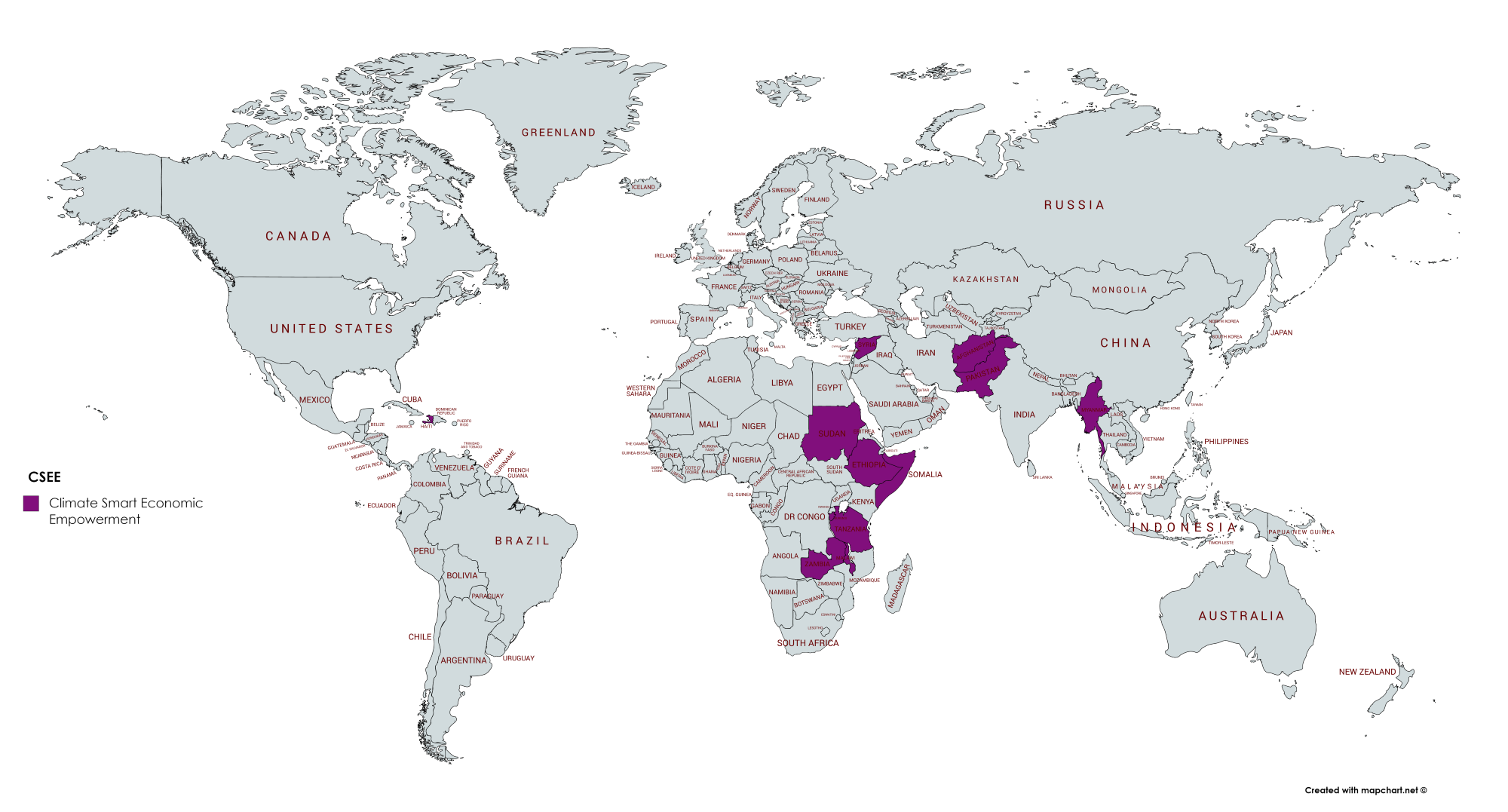Results case
Micro Investing
What if smallholders, representing 7 out 10 of the world’s poor, could permanently escape poverty in less than a year, at a declining unit cost, starting around USD 100?
Smallholders supply 70% of overall food production, and yet many smallholders still suffer from food insecurity and malnutrition. The demand for food in Sub Sahara Africa is expected to triple before 2050. An overarching question of NCA is How can smallholders earn more money and get out of poverty? Micro Investing is emerging as one of the most attractive approaches NCA has tested in the programme period, as it
- is relevant to a large portion of the population in the poorest countries
- is market-based and allows NCA to take a limited and catalytic role
- leads to rural economic development and new opportunities for women and youth
- incorporates climate smart agriculture
So, what is Micro Investing? Through the introduction of micro sized and affordable drip irrigation, good seeds and industrial plant nutrition, and by switching to crops that give continuous supply with limited processing and logistics, smallholders increase their income while using less land and water. The practice is environmentally sustainable and climate smart. The approach is called "Micro Investing", as it is based on savings to support self-sustainable growth from the start. No hand-outs or soft credit is offered. Smallholder farmers are approached as customers and self-select into the program.
Micro Investing has created avenues for self-employment and contributed to equitable distribution of incomes and reduction of poverty in line with national poverty indicators in countries like Tanzania and Malawi. Micro Investing has proven to help poor smallholders lift themselves out of poverty more effectively than for example through microfinance. The affordable investment of around USD 10 has enabled most vulnerable households to increase their incomes beyond the international poverty threshold of USD 1.90 per day. The Micro Investing methodology has also been tested at a small scale in Burundi, Somalia, Sudan and Zambia, and is planned to be rolled out and scaled up in several NCA’s programme countries in the coming years.
Some stories about micro investors in Tanzania:
Lightness Mushi from Kilimanjaro was left with three children when her husband abandoned the family. In April 2018, she borrowed some money in her loan and savings group to invest in micro investing kits consisting of simple drip irrigation, seeds and some fertilizer for two vegetable beds. From the income from the vegetables she produced, she reinvested some of the profits and doubled her capacity three times. Less than a year later, she had 18 vegetable beds that generated enough income to send her children to boarding school, install electricity and build a cow shed. Her weekly profit from the vegetable garden after having paid seeds, fertilizer, pesticide and water bills is USD 105, which is USD 15 a day.
Dodo Matambo is married and a father of six children. Dodo lives in the small village of Gedamari, Galapo Ward in Babati District, Northern Tanzania. Dodo invested USD 12 in micro investing kits for two vegetable beds. Harvest by harvest, Dodo has reinvested parts of the profit from the beds in new beds, increasing his capital throughout and has now expanded to sixty beds. He is now growing various types of vegetables and fruits. After one year of practice, Dodo Matambo scaled up his existing enterprise in horticulture by investing an additional USD 430 obtained from both the sales of vegetables and savings from saving and loan groups (VICOBA). With his new investment, Dodo generates USD 275 monthly. He has been able to pay his children’s school fees, buy agricultural inputs and shares in VICOBA, and build a 4-bedroom house instead of the 2-bedroom house he lived in earlier.

